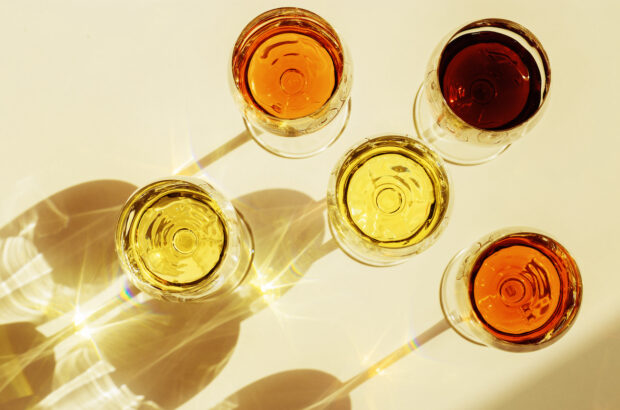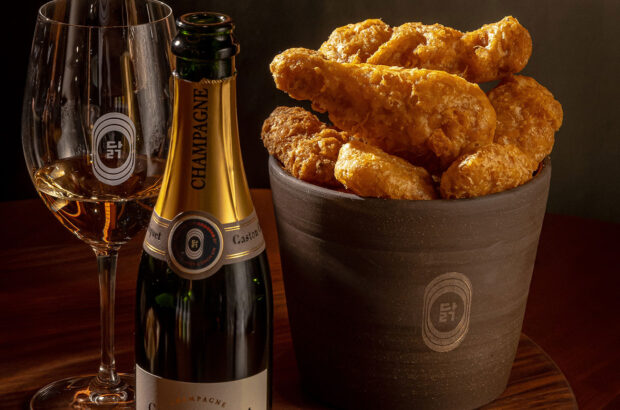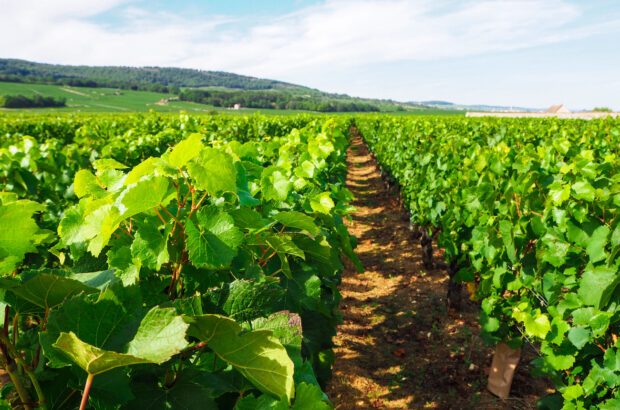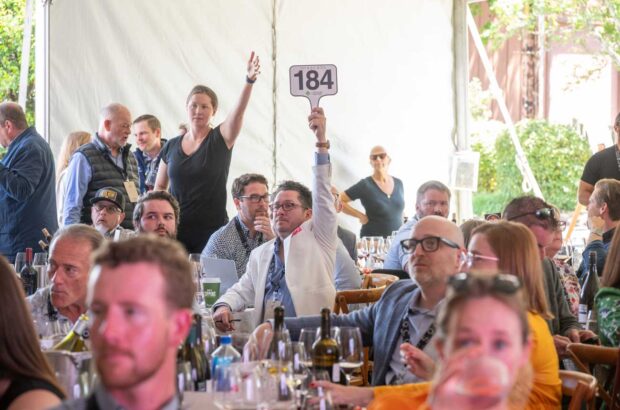On Tuesday 17 March at 12pm, France closed down ‘until further notice’.
Downtown Bordeaux didn’t take the dramatic route that I have heard some of the smaller villages in the region did.
There were no bells tolling or sirens wailing, but the city just quietly followed the directive from president Emmanuel Macron. Until 1 April, at least, we are to remain at home, venturing out only one at a time for essential food supplies, and even then only with a printed document that must be signed and dated, attesting to the reason for being outside.
With that, there can be no further doubt that the Bordeaux 2019 en primeur tastings have been postponed.
Last week was full of uncertainty, as the Union de Grands Crus de Bordeaux, which organises the event, took advice from the regional authorities.
It had initially hoped to maintain a skeleton schedule, but in the end events overtook the process and this week has seen a flurry of emails cancelling not only the larger-scale group tastings but also individual château visits.
Things are moving so fast that it seems surreal to have even imagined last week that we could be tasting en primeur samples in a few days from now.
The sunshine has arrived in Bordeaux, and with things heating up, it’s hard not to feel the loss of what is usually such a busy, rewarding and sociable few weeks. The hope is that it can be held in June, with sales going ahead over the summer, but as with so much right now, no one can say with certainty.
Even though I am based here, the same rules apply – we are all in this together.
Over the next few week I will be tasting verticals of wines that I have already, or ones that châteaux are able to deliver to my house, and I will get en primeur tastings done as soon as I can.
In the last few days I have found a calming normality in writing notes from recent tastings, and hope you have all found similar refuges.
The Bordeaux 2019 vintage seems extremely promising, certainly based on the tastings that I have done so far.
It will no doubt taste even better later in the year, which is reassuring for the estates.
Some people have questioned whether this enforced break will lead to a more permanent change in Bordeaux – with the young wines perhaps tasted later, or once bottled. This debate is for another time, but I wouldn’t bet on it.
Bordeaux gets bashed regularly for en primeur being simply a fast route to price rises, but times like this remind us that it is also a vital mechanism for cash flow and customer contact for thousands of wine merchants around the world.
How Bordeaux wineries are coping with the crisis
Beyond en primeur, which affects around 200 to 300 châteaux, the reality of the lockdown is that every single property in Bordeaux, all 7,000 of them, are trying to find ways to keep on working, while protecting their staff.
The vineyard is continuing its yearly cycle, and bud break is fully under way. The final pruning tasks are being finished up, mainly in terms of clearing old wood and tidying up training systems for the year’s new growth cycle.
Everyone is anxiously watching the weather forecast. As long as the sunshine continues, there will be less need to treat the vineyards. Those with larger estates who usually outsource key work are particularly worried about how the basic vineyard tasks are going to get done.
Bernard Farges, president of the Bordeaux Wine Bureau (CIVB), said this week that the French wine industry is ‘watching our Italian friends closely, who are a few weeks further on in this situation, and we see that vineyard work continues; as do deliveries, even if more slowly and with many precautions in place’.
He added, ‘We are lucky to make a product that is non-perishable, that we can stock. That won’t save us but it will allow us to be reactive when the situation improves. And we can be certain that when this has passed, we will want to spend time celebrating with our friends and family more than ever.’
Best practice for work is being laid out. I was sent one exemplary list that explains clear rules, such as respecting distances, and not exchanging materials, from vineyard tools to sharing water, cigarettes or food.
It’s the humdrum things that most bring home the impact; ‘morning coffee cancelled’ seemed the most stark change of all.
All working teams are being reduced in number to make social distancing easier, and all vineyard vehicles have been assigned to specific people. There is one person per office, or per post for work in the vineyard and winery, as well as on bottling lines. Deliveries must be left outside for pickup, without contact.
The Italian wine estates have a rule in place that allows circulation for key workers, and this should be true also in France.
As Florence Cathiard, co-owner of Château Smith Haut Lafitte, says, ‘the primeurs have been put back and will no doubt be smaller than usual when they do take place… we can not afford the luxury of losing the 2020 harvest.’
So far, restrictions cover people but not goods, and everyone is trying to keep deliveries going as much as possible.
But even there we will see difficulties. Large transport companies, such as Hillebrand, are rightly reassuring clients that they are continuing to work, but there will be knock-on issues down the line.
Jonathan Ducourt, at Vignobles Ducourt, pointed out to me last night, ‘Most of our printers are closing by the end of the week, so without new labels it will be difficult to prepare new orders.
‘Bottles, corks, cartons are becoming more difficult to find. Seems like our activity will slow down as our suppliers don’t deliver any more.’
Bordeaux has long sold much of its wine to overseas markets, so is extremely dependent on shipping, supply chains and functioning travel routes. But it is also a flexible and resilient system.
Didier Marcellis, at Château Serilhan in St-Estèphe, points out that now is the time to show that the region has the tools to get through this.
‘Bordeaux has long had a value chain of châteaux, brokers and négociants to support the internal and external market. All of the actors in that chain can now test whether it is not only far from obsolete, but show that it can work efficiently to avoid the worst – we need to trust each other and to work together.’
And how about staying in touch with consumers? One thing that has become abundantly clear over the past few weeks is how essential it is for all of us to share our experiences and offer reassurance.
The Cathiard family has already put out a video about the 2019 vintage.
It’s only a week old, but it already looks like a happy relic from another time, with négociants filling the room and tasting the new vintage. It could be ‘the last of that kind of tasting for a while’, Florence Cathiard says, but the video is at least a great way to keep in contact.
If I was the owner of a large château, I might be posting videos of myself taking the strain from my employees, working on the vineyard trellising myself and getting my hands dirty; cleaning them carefully afterwards, of course.
Might we see Alfred Tesseron doing an Arnold Schwarzengger? That would certainly make my self-isolation a little brighter – and he has the donkeys at the ready.







